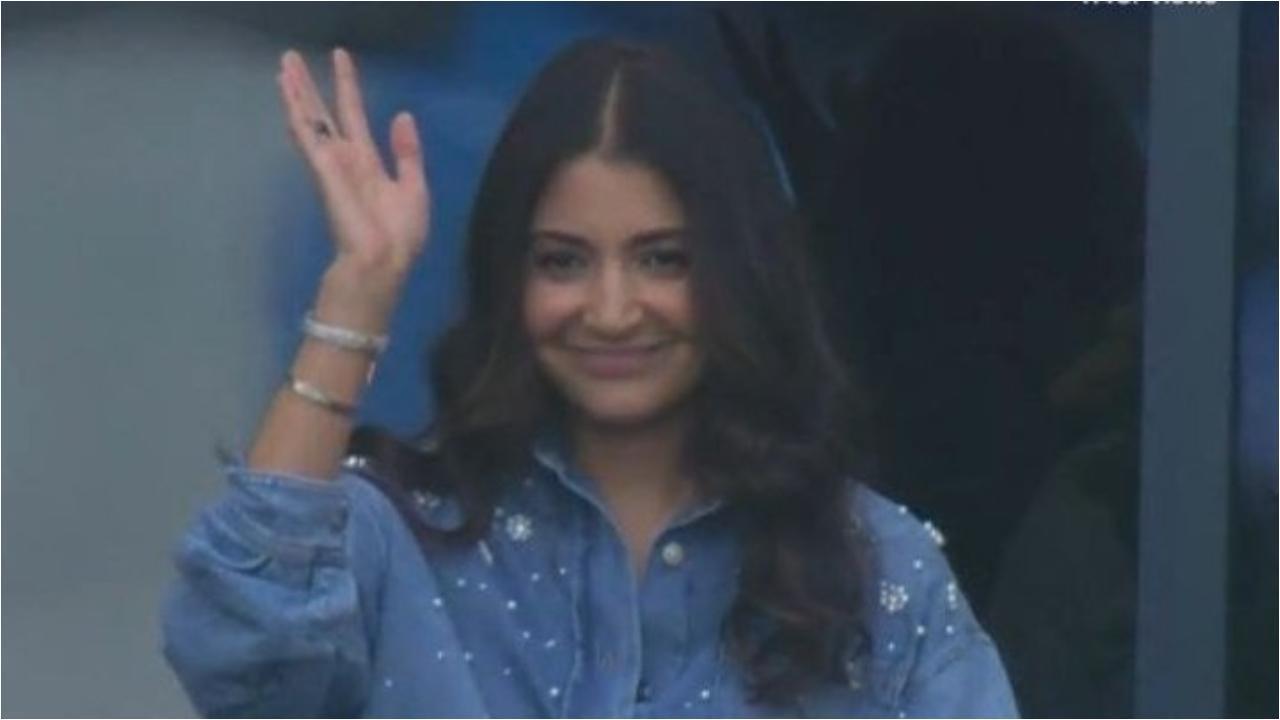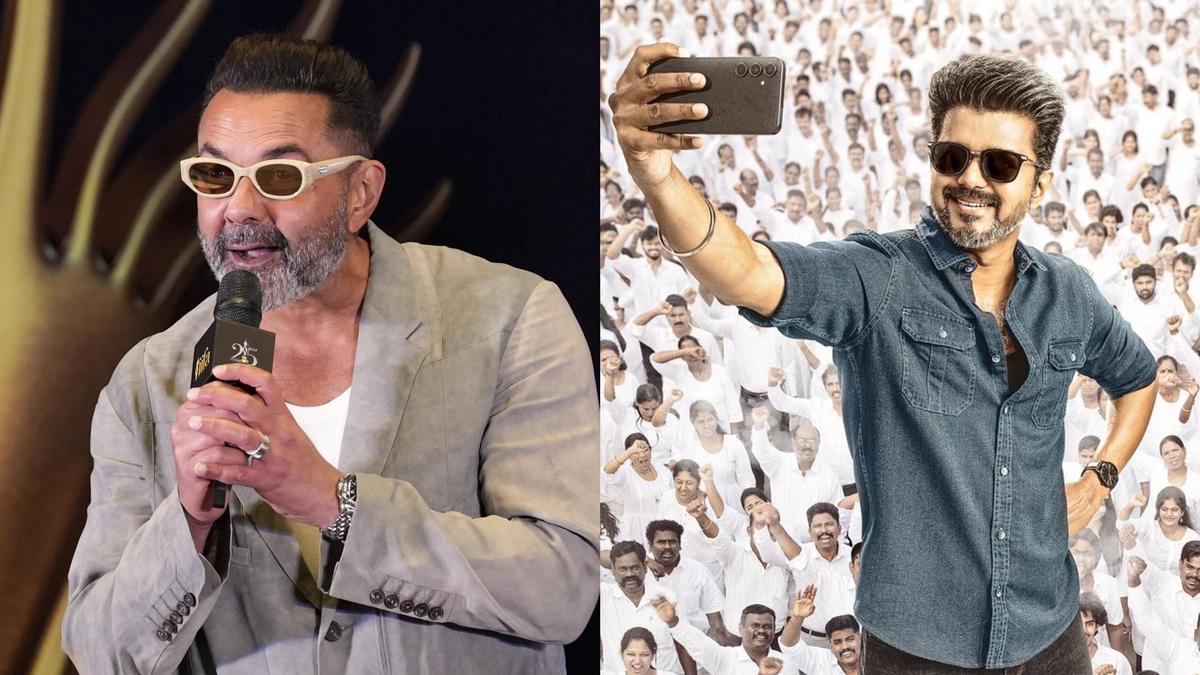
Bringing a familiar comedic landscape back to the silver screen, “Upadhyaksha,” emerges as an echo of its predecessor “Adhyaksha,” which made a notable impression back in 2014 as a successful remake of the Tamil hit “Varthapadatha Valibar Sangam.” The original Kannada adaptation featured the dynamic comedic duo of Sharan and Chikkanna, who played a pivotal role in harnessing audience laughter. While “Adhyaksha” juxtaposed two comedians to great effect, “Upadhyaksha” pivots to present seasoned comedian Chikkanna in the spotlight as the protagonist, albeit with mixed results.
Director Anil Kumar revisits the previously successful template but raises the stakes for Chikkanna, who now carries the film without a comedic counterpart. He shoulders the responsibility of salvaging humor from a script that often lacks innovation. The narrative unfolds in Gejjepura, a village where the playful Narayana, also known as Upadhyaksha, takes the reins of the Chi. Thu Association after Adhyaksha absconds, having eloped with a local leader’s daughter. Upadhyaksha, a character synonymous with vice-presidency and played by Chikkanna, often finds himself at odds with the village leader Shivarudregowda. The plot thickens predictably as Upadhyaksha falls for Shivarudregowda’s youngest daughter, played by Malaika Vasupal, leading to yet another elopement.
What ensues is a series of comedic situations that sadly often fall flat, resting on the crutch of sexual innuendos and lowbrow humor. This approach to comedy, while it may appeal to an audience yearning for the slapstick and explicit, does little to push the boundaries of the genre. Sadhu Kokila continues to inject the typical over-the-top boisterous comedy, a staple in Kannada cinema, yet it no longer feels refreshing or particularly engaging.
Straining for laughs, Anil Kumar’s direction sometimes misses the mark, as evidenced in scenes where the heroine, smitten with cinema, conjures daydreams casting her love interest as protagonists from blockbuster films such as “KGF,” “Pushpa,” and “Baahubali.” These parodies, rather than landing as clever or innovative, instead come across as forced and underwhelming.
Despite these shortcomings, “Upadhyaksha” does aim to evaluate Chikkanna’s capacity to lead a major film. On this front, he shows commendable effort, especially in the dance sequences. Nonetheless, the movie provides him with scant opportunities to fully explore and exhibit his talents beyond the comedic sphere. Thus, while he fits comfortably in the shoes of a comedic hero, the potential for Chikkanna to evolve into a well-rounded protagonist in a more demanding and original work remains an open question.
Unrepentantly clinging to old-school rural comedy drama tropes, “Upadhyaksha” banks on the audience’s nostalgia and fondness for the humor that “Adhyaksha” once championed. The film, currently showing in theaters, will resonate with viewers who have a palate for dated humor and those who are fans of Chikkanna’s distinct comedic style. In such a case, the movie might be a worthwhile trip down memory lane, promising a few hearty chuckles along the way.
As “Upadhyaksha” unfolds on the big screen, it serves as a testament to the durability of certain comedic elements and the significance of timing and chemistry in creating a memorable and engaging cinematic experience. Whether it achieves that is ultimately in the eye of the beholder, with the film aiming to captivate the hearts of audiences seeking comfort in the familiar amidst the ever-changing landscape of Indian cinema.










